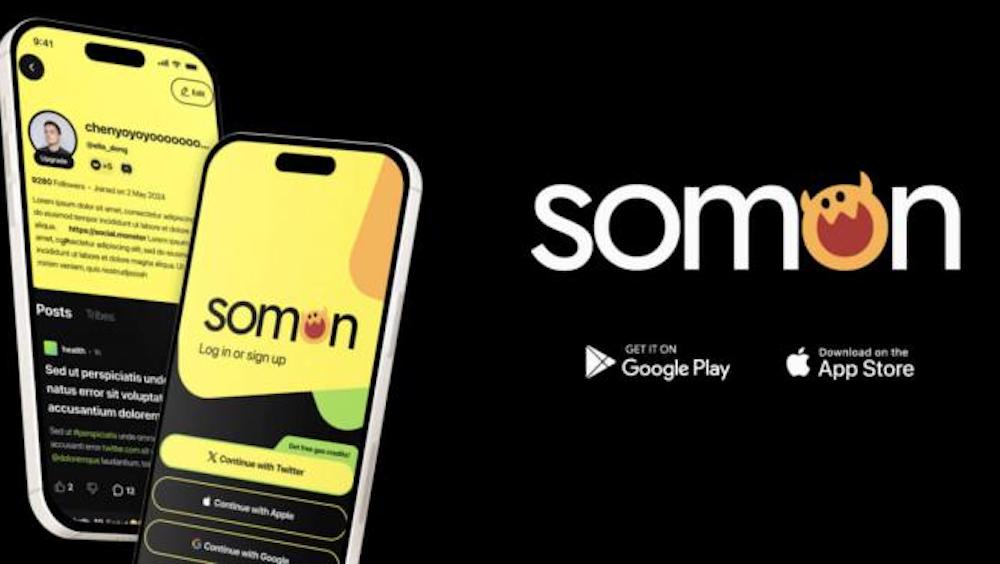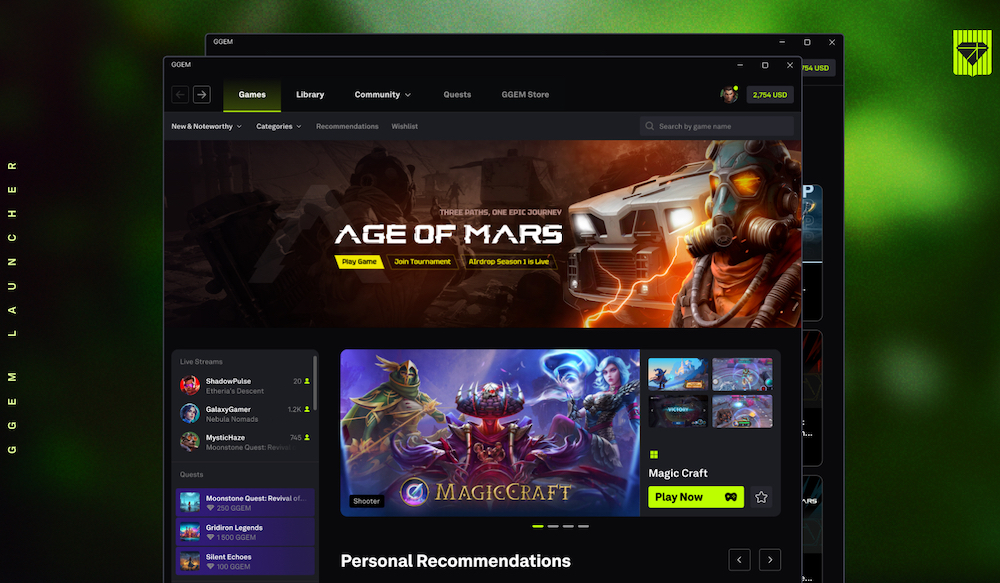
In the tangled mess that is the American health care system wrongful or just poor information sharing is a major contributor to patient misdiagnosis, insurance denial and mistakes in billing. Very often problems stem from hospitals, doctors, state agencies and insurance companies using different information systems to send and share patient data.
Decentralized Ledger Used to Streamline Medical Data Sharing
This has made the medical care industry one of the most attractive places for the implementation of a decentralized ledger approach to information management. A blockchain network would allow all parties involved in patient care access to an encrypted body of data where information can be shared and all changes are traceable.
The Massachutes Institute of Technology is currently developing a blockchain system called MedRec that will allow patients to manage their own information by allowing doctors and insurance providers to update or change information only with their permission. As reported in The Wall Stree Journal MIT developers give a scenario where all of the vaccinations a baby receives are recorded on the blockchain so that every doctor who treats it knows it’s vaccination history.
The System Dr. Andrew Lippman, a senior research scientist at MIT and associate director of the MIT Media Lab, concedes is reliant on doctors and providers opting into it. The difference between MedRec and existing companies that are only working at overcoming compatibility problems is that MedRec “is a way for consumers to easily and securely access their records and have control of their own records” Said Dr. Lippman.
One company already using blockchain to enable patient information sharing between the various bodies involved in treatment is Nashville based Change Healthcare. Their network includes 800,000 physicians, 117 dentists and 60,000 pharmacies who share a “single source of truth” according to Emily Vaughn, blockchain product development director at Change Healthcare.
Ms. Vaugn explained that the system reduces opportunities for mistakes that come from the mishandling of patient information and that the system which can process about 50 million transactions daily saves the company money by eliminating the need for records to be reconciled and verified by hand. She added;
“You know at what stage in the life cycle the claim is in, there’s a shared understanding of what the next steps are.”
Blockchain can Potentially Reduce Data Sharing Expenses by 75%
A group of companies has also recognized that using blockchain could help bring together the online directories of health care providers maintained by insurance companies. An estimate reports that it cost 2.1 billion dollars for insurance providers to maintain private directories according to the WSJ. A number that Busy Burr, vice president and head of health-care trend and innovation at Humana, says can be potentially brought down by 75% using blockchain. Ms. Burr says. “We think if we could create a single source of proof for that data, a huge amount of cost could be taken out of the system.”






